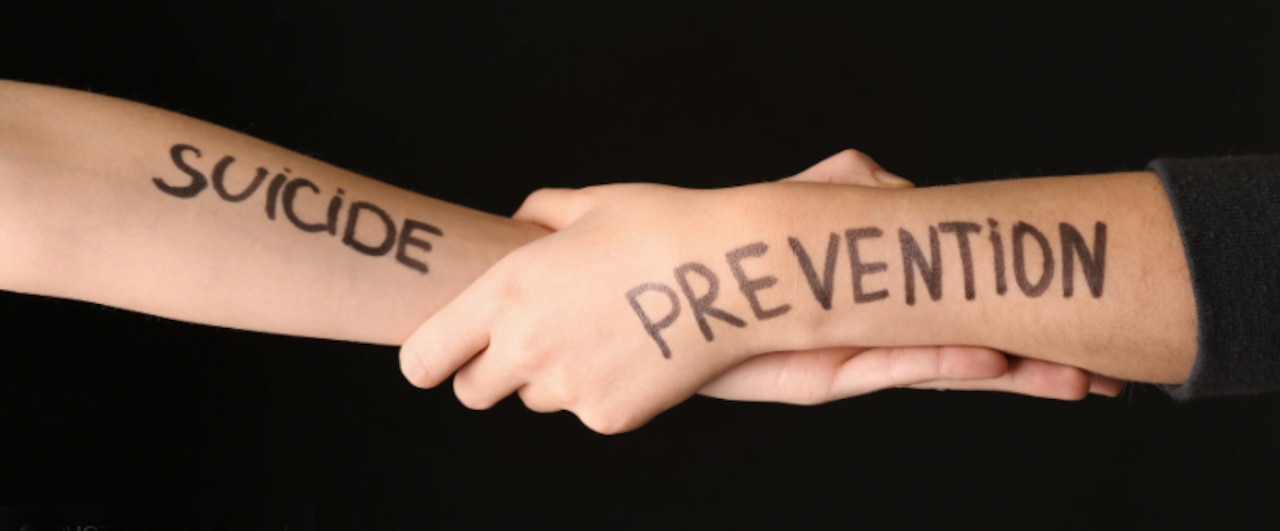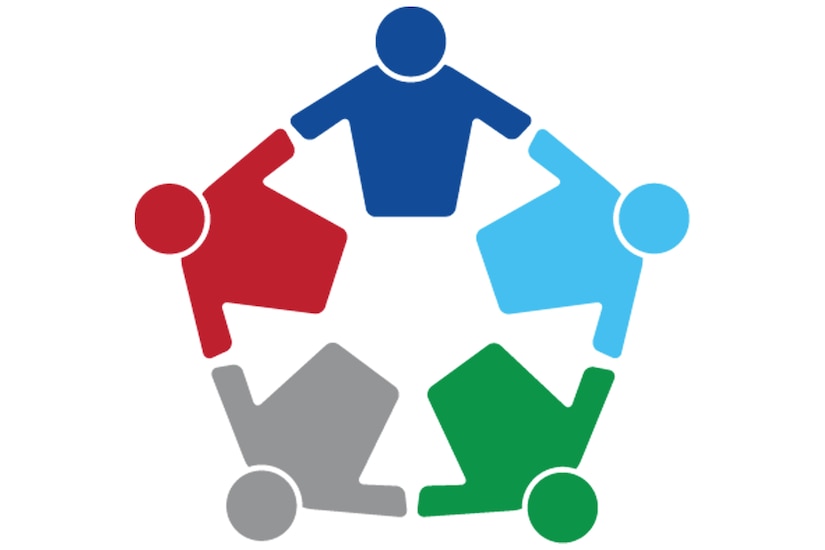Final month the Protection Division launched the Annual Report on Suicide within the Navy for 2021, which confirmed a 15% lower in suicides from 2020 to 2021. However that hasn’t meant the division can shift focus away from suicide prevention, the deputy secretary of protection stated.
“There’s a lot extra work to do, and we won’t be glad so long as there’s a single suicide remaining within the power — and that features the members of the family of the power,” Kathleen H. Hicks stated throughout an internet dialogue Tuesday with Washington Publish Stay.
One instance of labor being completed by the division entails creating the wholesome climates crucial to deal with a spread of problematic and dangerous behaviors, together with suicide. This will probably be achieved, partly, with a brand new and devoted main prevention workforce centered on community-based prevention.
“Now we have labored throughout a bipartisan coalition in Congress to assist the division having a prevention workforce that may in the end be about 2,000 individuals,” Hicks stated. “Now we have, proper now as we converse, a number of hundred openings obtainable.”
professionals can apply for these positions by visiting www.usajobs.gov, Hicks stated. The general public well being or social science professionals who signal on to be a part of that workforce will probably be liable for serving to to offer navy commanders with the instruments wanted to cut back a variety of threat components — comparable to substance misuse, poisonous management or monetary stress — and construct up essential protecting components — comparable to wholesome coping mechanisms and cohesion — that may in the end stop dangerous behaviors.
“[These are] all of the components that go into inflicting stress and hurt behaviors, together with … suicide,” Hicks stated. “We’re fairly assured that is a really science-based strategy that we’re utilizing. It is the biggest effort like … this that has ever existed at an unprecedented scale …. This prevention workforce will probably be a first-of-its-kind, and we will do it proper right here in the US navy as a result of that is what we owe our individuals and their households.”
Additionally, a part of the hassle to proceed to cut back suicides within the navy, Hicks stated, is the elimination of any stigma related to in search of psychological well being care.
“Now we have numerous initiatives underway now to ensure we take away that stigma, not simply that it isn’t … dangerous to hunt assist, if you’ll, to your behaviors, to your psychological well being, however actually that it is a signal of energy,” she stated.
One instance of a program designed to assist scale back the stigma of in search of psychological well being help is the REACH program, which stands for “Sources Exist, Asking Can Assist.” This system was initially piloted at six installations throughout the division and was proven to cut back a service member’s reluctance to hunt help. The division continues to develop this system for navy spouses and distant and abroad places.
Lastly, Hicks stated the division continues to give attention to “deadly means security,” which incorporates the secure storage of firearms and different means for suicide, comparable to drugs. Within the navy and throughout the nation, she stated, firearms are the most typical methodology of suicide.
“We all know, and it is properly documented, that if we are able to create slightly time and area between that ideation, that concept of getting considerations about … probably committing suicide and people deadly means — clearly, firearms being foremost, but additionally drugs — if we are able to create that point and area, create some security, then that reduces the chance of suicide.”
As a part of its give attention to deadly means security, the division continues implementation and analysis of CALM, or Counseling on Entry to Deadly Means schooling. CALM trains psychological well being professionals and others who work with at-risk people on methods to cut back entry to securely retailer deadly means for suicide together with firearms and drugs.
When you, or somebody you already know, wants assist, assist is offered 24/7. Service members and their households can name Navy OneSource at 1-800-342-9647, or chat at militaryonesource.mil. Service members, veterans, and their family members also can name the Navy Disaster Line/Veterans Disaster Line at 988, press 1 or at 1-800-273-8255 and Press 1, chat at veteranscrisisline.net or textual content to 838255.


